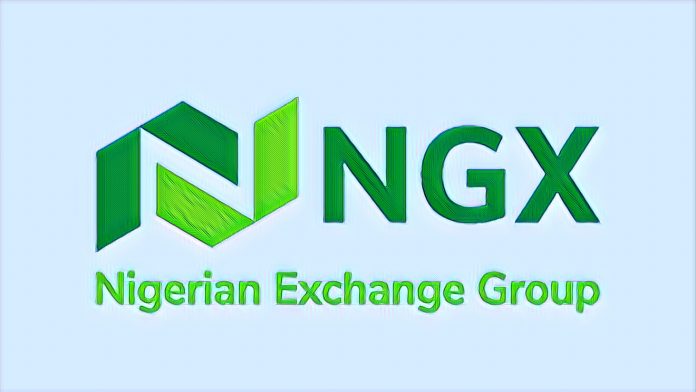Nigeria has made history by listing the first local currency-denominated infrastructure investment trust fund in Sub-Saharan Africa on the Nigerian Exchange Limited (NGX). The fund, known as the Nigeria Infrastructure Debt Fund (NIDF), is a N200 billion public infrastructure investment fund managed by Chapel Hill Denham, a leading investment banking firm in Nigeria.
The NIDF was launched in 2017 with the backing of major institutional investors, including the Nigeria Sovereign Investment Authority (NSIA), the country’s sovereign wealth fund. The fund provides long-term financing in naira for private infrastructure projects in sectors such as power, transportation, healthcare, and education. Since its inception, the fund has delivered a 155 percent return to its investors and has distributed dividends for 24 consecutive quarters.
The listing of the NIDF on the NGX took place on Thursday, October 5, 2023, at a closing gong ceremony where the fund’s management presented the facts behind the listing to market stakeholders. The 853,817,692 units of the NIDF were listed on the main board of the NGX at N8.39 per share.
The listing of the NIDF is expected to enhance the liquidity and visibility of the fund and attract more investors to participate in the infrastructure financing market in Nigeria. According to Temi Popoola, the CEO of NGX, Chapel Hill Denham has been a consistent value-adder to the exchange and a key contributor to the capital market growth in the last five years.
Popoola said that Chapel Hill Denham was instrumental in facilitating the MTN public offer, which included a complete end-to-end digital application process. He also said that Chapel Hill Denham had strongly supported NGX’s efforts to showcase Nigeria as an investment destination.
Popoola added that the capital market is increasingly becoming a vehicle for solving key governance problems, especially in the area of raising debt funding. He noted that the NIDF is an elegant solution that exists not only in Nigeria but in foreign markets. He said the retail investor landscape would find the fund attractive as it offers stable and predictable returns.
Bolaji Balogun, the CEO of Chapel Hill Denham, said that listing the fund was a great move for Nigeria’s economy. He said the fund was the first of its kind in Africa and had increased the diversity of the areas in which it invested. He said Nigeria needs to invest consistently to grow its infrastructure base and that infrastructure is an asset class that can generate long-term wealth and social impact.
Anshul Rai, the CEO of NIDF, credited the fund’s performance to the team’s good work. He said that the fund had not experienced any non-performing loans and that it had supported projects that had created over 10,000 direct and indirect jobs. He also said that the fund had contributed to reducing greenhouse gas emissions by financing renewable energy projects.
The listing of the NIDF comes at a time when Nigeria is facing a huge infrastructure gap that hampers its economic growth and development. According to a report by PwC, Nigeria needs to spend about $3 trillion on infrastructure over the next 30 years to bridge its deficit and meet its potential. The report also estimates that improving infrastructure could increase Nigeria’s GDP per capita by up to 4 percent by 2040.
The NIDF is one of the initiatives that aim to mobilize private capital for infrastructure development in Nigeria. Other initiatives include InfraCorp, a N15 trillion infrastructure fund established by the Central Bank of Nigeria (CBN) and its partners, and Infraco Africa, a UK-based company that provides early-stage risk capital for infrastructure projects in Africa.
The listing of the NIDF is a positive sign for Nigeria’s capital market and infrastructure sector. It demonstrates that there is a viable and attractive market for long-term infrastructure financing in local currency. It also shows a strong demand for infrastructure assets that can deliver social and environmental benefits and financial returns.
Source: Businessday NG



